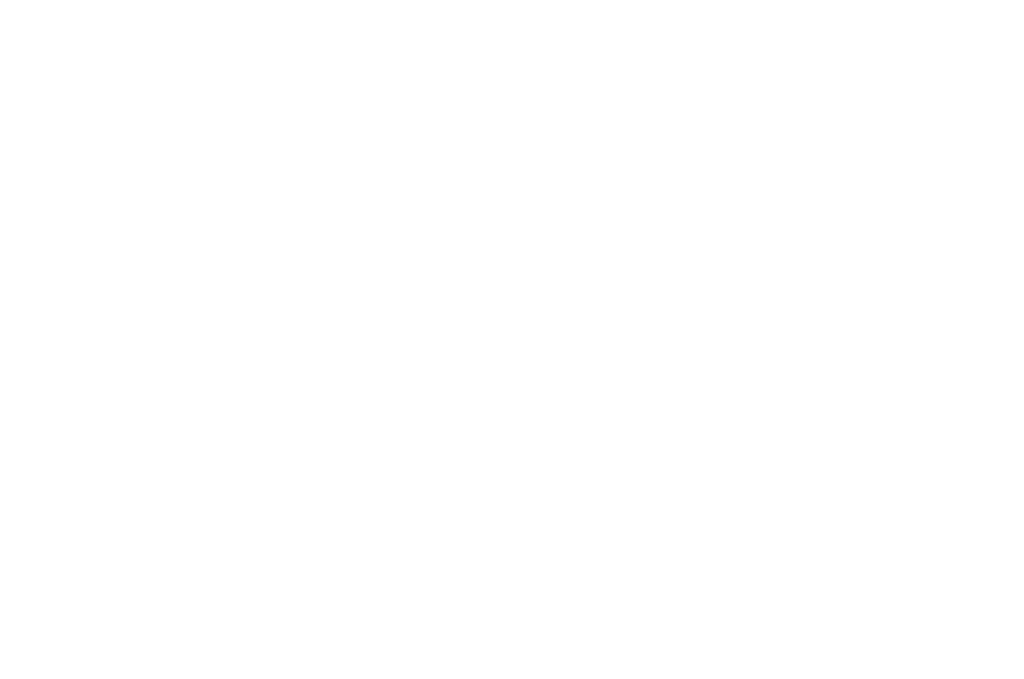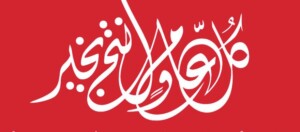Sudan govt to purge Zakat Chamber of corruption
The Sudanese government is to purge the Zakat (Muslim alms) Chamber of corrupt processes, that in the past saw most of the funds allocated to supporters of the deposed Al Bashir regime, which was overthrown by a military coup in April 2019 following a countrywide popular uprising that began in December 2018.
 Sultan Ali Dinar Mosque in El Fasher, North Darfur (File photo: Rami Khalid Ahmad (18) of El Ribat Secondary School for boys in El Fasher)
Sultan Ali Dinar Mosque in El Fasher, North Darfur (File photo: Rami Khalid Ahmad (18) of El Ribat Secondary School for boys in El Fasher)
The Sudanese government is to purge the Zakat (Muslim alms) Chamber of corrupt processes, that in the past saw most of the funds allocated to supporters of the deposed Al Bashir regime, which was overthrown by a military coup in April 2019 following a countrywide popular uprising that began in December 2018.
In a statement in Khartoum on Friday, the spokesman for Sudan’s Sovereign Council, Mohamed El Faki, pointed out that the coffers of the Zakat Chamber were completely depleted by allocations to affiliates and organisations associated with the defunct regime.
He stated that under the defunct regime, the Zakat Chamber allocated most of the funds to government affiliates and allied political parties. It was not allocated for the primary target groups that are in need of such funds. “Therefore, the Zakat funds must be directed to their proper purpose and not to fake organisations or political parties affiliated to the former regime.”
He said that based on the documents of this institution, the then Secretary General of the Zakat Chamber instructed that the funds should support “certain individuals who were party partisan.”
El Faki said that the new transitional government will not tolerate this: “The defunct regime with such behaviour led a lot of people to lose confidence in Islam. Hence we will not allow such behaviour anymore.”
Assets seized
Increasing evidence is surfacing of corrupt allocations by the Zakat Chamber, acting as a tool of the Al Bashir regime.
As previously reported by Radio Dabanga, investigations into organisations and institutions set up by the Al Bashir regime showed, for example, that the recently dissolved Holy Koran Association owns a gold mine in River Nile state.
Wajdi Saleh, member of the Anti-Corruption Committee, reported in December 2019 that the committee is investigating criminal reports related to “a breach of trust”.
“The Holy Koran Association has been active in gold prospecting for quite some time now”, he said. He added that the association also owns a multi-storey building and two hotels in Khartoum, and nearly 100 vehicles.
Saleh explained that the Holy Koran Association received funds from the state since its foundation, in particular from the Zakat Chamber. This funding included machinery used to prospect gold. The funding ended when the Al Bashir regime was ousted in April last year.
According to Saleh, the association is supposed to deal with Islam advocacy activities, like teaching and memorising the Koran, “without engaging in commercial activities or any activity that goes beyond the goal for which it was established”.
Waqf
As reported by Radio Dabanga last month, the Minister of Religious Affairs and Endowments, Nasreldin Mofreh, pledged to root out “significant corruption” in Sudan’s waqf (Muslim endowment) administration.
At a forum held by a number of Islamic groups in Khartoum in December, Minister Mofreh explained “that conditions of an endowment may be changed, or the value of an entire endowment is transferred in favour of certain persons”.
He pledged “to combat these fraudulent practices”.
Radio Dabanga’s editorial independence means that we can continue to provide factual updates about political developments to Sudanese and international actors, educate people about how to avoid outbreaks of infectious diseases, and provide a window to the world for those in all corners of Sudan. Support Radio Dabanga for as little as €2.50, the equivalent of a cup of coffee.












 and then
and then